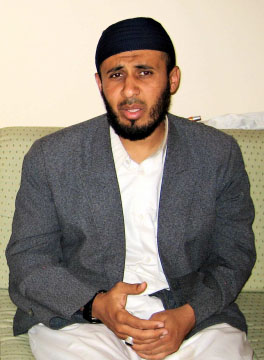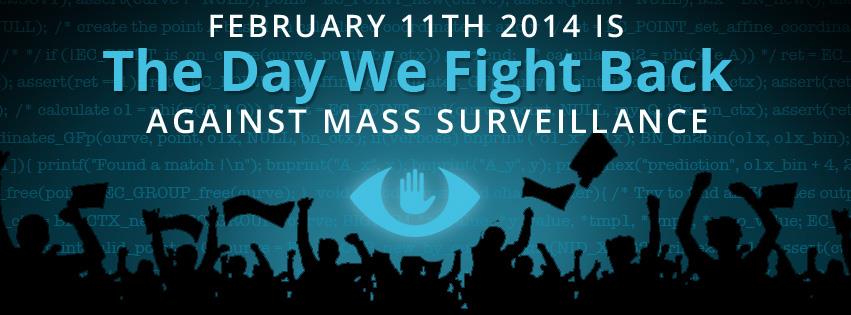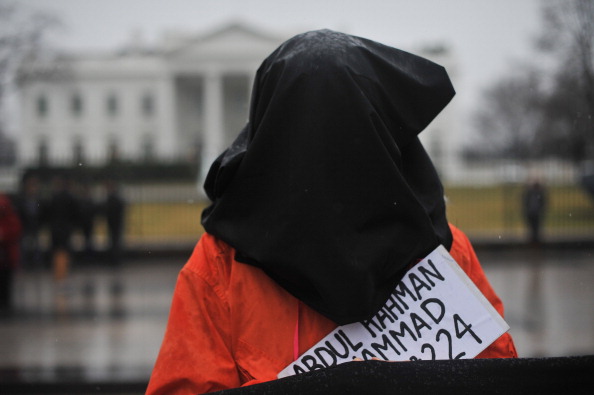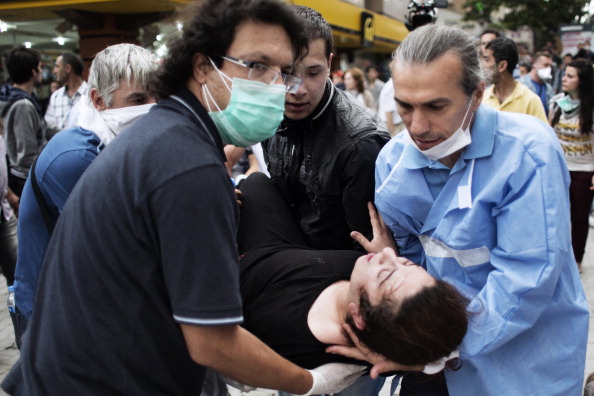
President Obama needs to reboot the surveillance program (Photo Credit: Sara D. Davis/Getty Images).
By Naureen Shah, Advocacy Advisor at Amnesty International USA
On Friday, January 17, President Obama will announce the results of his review of National Security Agency surveillance programs. Will he renounce mass surveillance and put human rights at the heart of reform? Or will he perpetuate a global spying program that puts free speech and privacy rights of people around the world at risk?
It’s tough to sort rhetoric from reality on an issue as complicated and contested as surveillance, so we’ve put together a cheat sheet to evaluate the President’s speech:
1) He pays lip service to the 95%, but doesn’t scrap global warrantless surveillance.
Ninety-five percent of the world’s people live outside the U.S. and are not U.S. citizens or lawful permanent residents. But under U.S. law they count as “non-U.S. persons” – who get few protections under the Foreign Intelligence Surveillance Act. Under section 702 of that law, the government claims authority to surveill countless people outside the U.S. – including the content of their emails – without notice, independent judicial review of individual cases, a warrant, probable cause or access to a remedy for privacy violations.
SEE THE REST OF THIS POST








![1512680_10151980879148666_995229620_n[1]](https://blog.amnestyusa.org/wp-content/uploads/2014/01/1512680_10151980879148666_995229620_n1.png)
